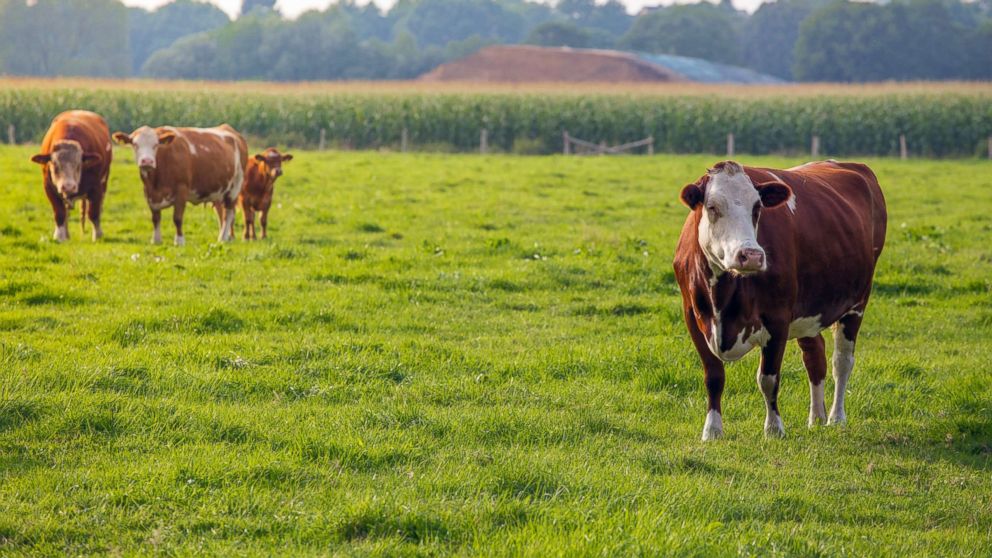The case was confirmed in a dairy worker in Colorado.
A fourth case of bird flu linked to the current dairy cow outbreak was confirmed Wednesday in a dairy worker in Colorado, the Centers for Disease Control and Prevention announced.
Previously, one human case was reported in Texas and two in Michigan.
As in the previous cases, the patient was a dairy worker who had contact with cows that tested positive for bird flu or avian influenza.
The worker had previously been monitored for exposure to infected cattle and reported the symptoms to state health officials.
Test results were inconclusive at the state level, but samples forwarded to the CDC for further testing were positive for influenza A, the federal health agency said.
The patient reported only eye symptoms. They were treated with oseltamivir, an antiviral drug used to treat influenza, and have since recovered.
The CDC says the risk to the general public is low, but advises people to avoid close, prolonged or unexpected exposure to sick or dead animals. People are also advised to avoid exposure to animal feces, waste, unpasteurized milk or material from — or close contact with — animals with suspected or confirmed bird flu.
In early March, the U.S. Department of Agriculture announced that the strain of bird flu that sickened millions of birds across the United States had been detected in several mammals this year.
A few weeks later, federal and state public health officials in Kansas, New Mexico and Texas said they were investigating the disease, mainly among older dairy cows, and were reporting symptoms including decreased lactation and decreased appetite.
USDA in A press release At the time, “there is no concern about the safety of the commercial milk supply or whether this situation poses a risk to the health of consumers.”
Currently, Colorado has reported more cases of bird flu in livestock than any other state, with 23 cattle herds in the last 30 days since July 1. USDA Interactive Dashboard.
In late April, reports surfaced that fragments of bird flu had been found in pasteurized milk samples. However, the fragments are inactive remnants of the virus and cannot cause infection.
Federal agencies say the U.S. commercial milk supply is safe because the milk is pasteurized and dairy farmers are required to remove any milk from sick cows so it does not enter the supply.
In May, the CDC announced in general that it was making preparations to prevent the “potential threat to humans” from bird flu as part of the federal government’s preparedness efforts, including bottling doses of bird flu vaccine. Stock.
